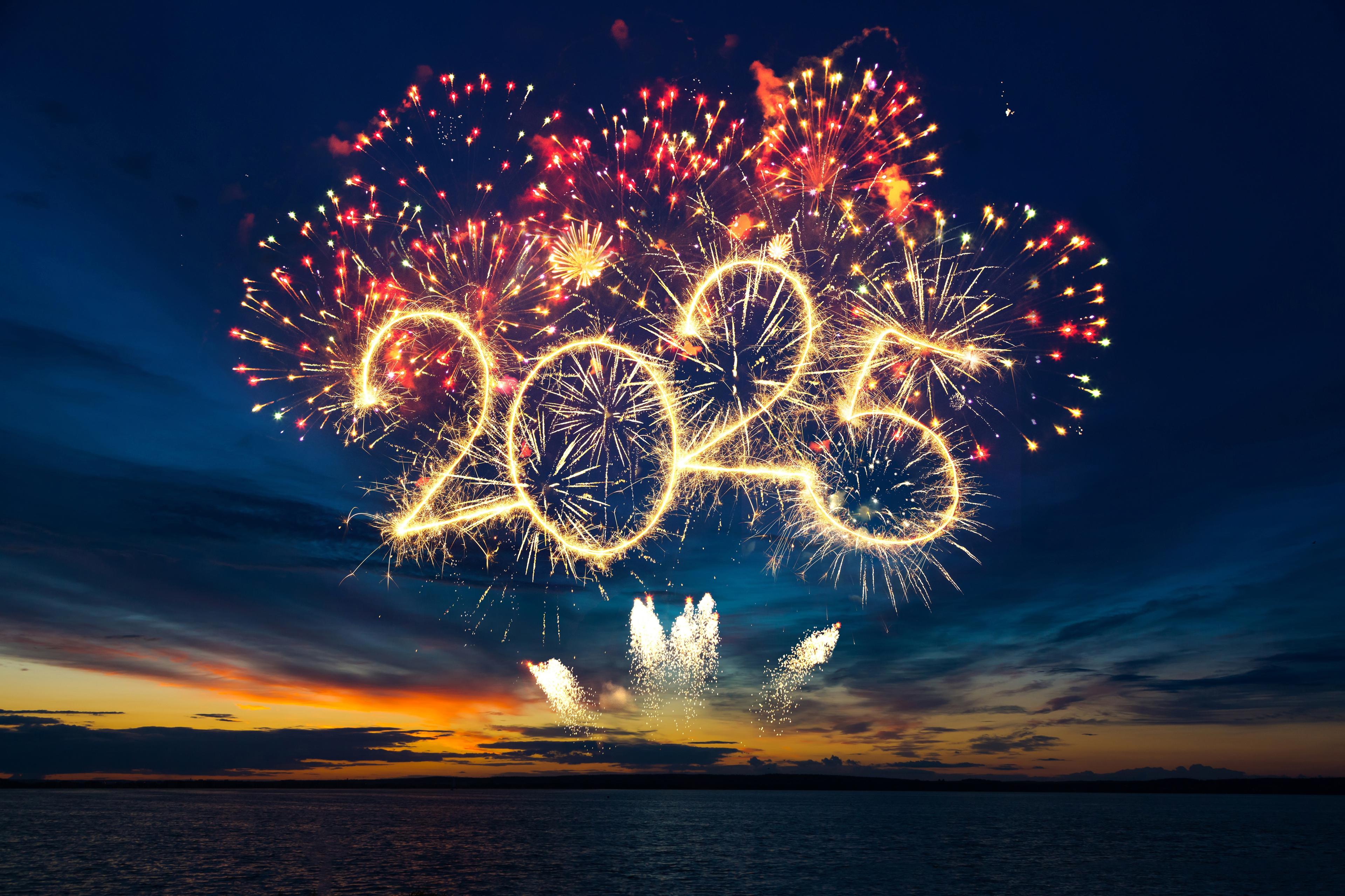Happy New Year's?
do Jews celebrate New Year's? Here's what you need to know
It's pretty obvious that, as Jews, we don't celebrate New Year's like the rest of the world. So what do we do? Pretend it's like any other day or count the minutes down til midnight?

The champagne corks are popping and Times Square is packed, but for many Jewish families, December 31st prompts an annual moment of reflection: How should we relate to the secular New Year?
This isn't a new question. Our rabbis have grappled with it for generations, weighing both halachic and hashkafic considerations. Rabbi Moshe Feinstein, one of the 20th century's most influential poskim, acknowledged the holiday's complex history, particularly its origins in the Christian calendar and its sometimes troubled intersection with Jewish history in medieval Europe.
Yet the reality in our modern world is more nuanced. Walk through any Jewish neighborhood on December 31st and you'll find a spectrum of approaches. Some homes are dark and quiet, treating it as any other winter evening. Others host gatherings that carefully thread the needle - celebrations that honor their American civic identity while maintaining clear boundaries around religious observance. And yes, some Jewish families are fully embracing the countdown to midnight.
What's fascinating is how this mirrors broader questions about Jewish life in secular society. When Rabbi Shlomo Zalman Auerbach permitted regular business practices around January 1st while discouraging celebratory activities, he wasn't just ruling on a single day - he was offering a framework for how to engage with the secular world while maintaining Jewish distinctiveness.
The question isn't really about whether to stay up until midnight or sleep through it. It's about how we navigate our multiple identities in the modern world. We have Rosh Hashanah for our spiritual new beginning, our chance for teshuva and renewal.
Perhaps January 1st can simply be what it is - a moment to acknowledge our place in the broader civic society, without diminishing our primary celebration when the shofar sounds.